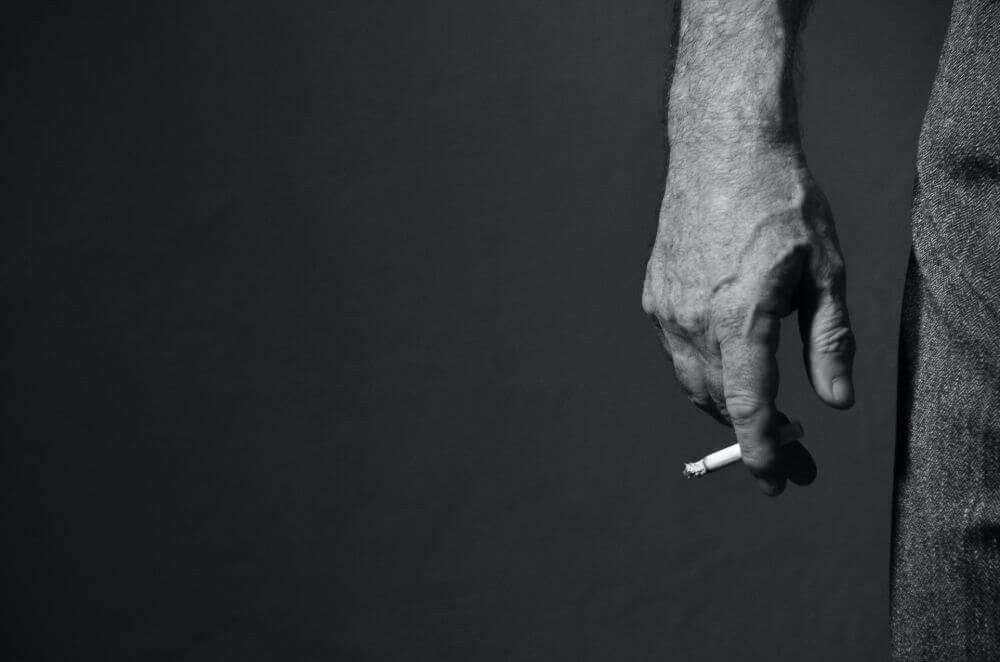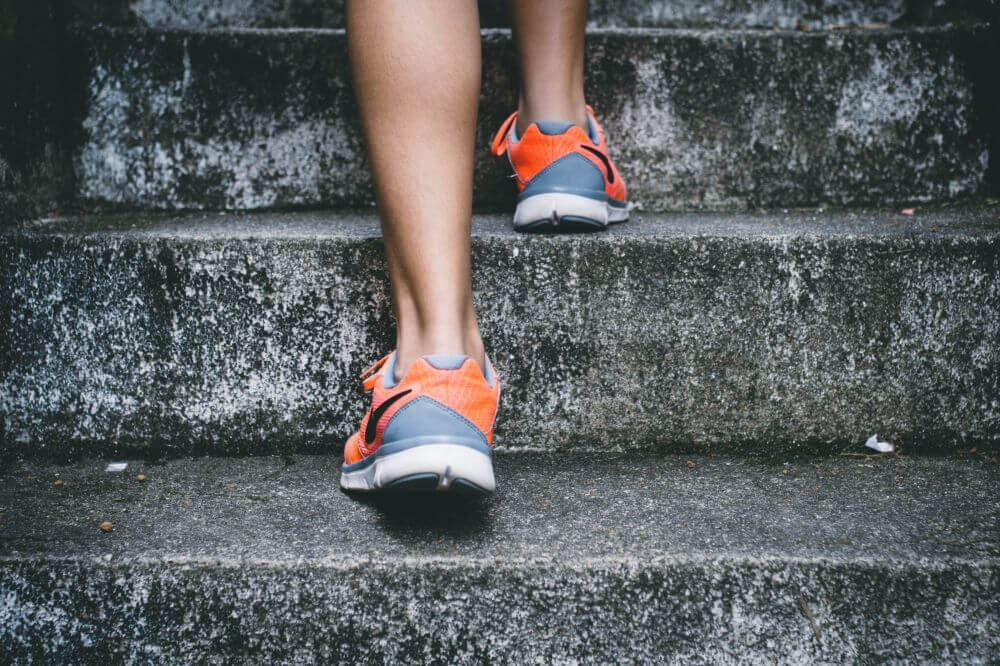 Lifestyle
LifestyleSmoking - a ‘‘Killing Me Softly’’ Habit
The number of cigarettes smoked per day correlates with pro-inflammatory changes of glycans.

Chronic stress, typically fuelled by work, family obligations, and financial strain, sends our bodies into "fight or flight" mode, a reaction once reserved for acute-only situations. This can lead to overwhelm, fatigue, anxiety, depression, and more serious health concerns since it promotes inflammation in the body.
During this time of working from home, economical turmoil, and constant news about COVID-19, many people are turning to biohacking for stress and mental health management. And although we once used common stress-relievers like vacations or social gatherings for this, many people are now searching for more accessible at-home methods.
Below are the top five trending biohacks many are using during this time to promote a healthier mental state.

Ice baths, cold showers, and other cold exposure methods expose the body to a rapid change in temperature, causing the most commonly reported benefit to be an improvement in mood and focus. This is likely due to a sharp increase of norepinephrine, a hormone and neurotransmitter in the brain, that is linked to mood and attention. An absence of norepinephrine is associated with low energy, poor attention, and depression.
I practice cold exposure regularly through ocean swims and cold showers for the mental health benefit of feeling increased energy, clarity, and calmness. A cold dip is like having an espresso shot without the crash and jitters. It wakes you up and helps clear your mind quickly!
Saunas induce a protective stress response, which produces heat shock proteins that are crucial for stress resilience and reducing free radical damage and inflammation. This helps fight stress at a cellular level and aids with flushing out toxins (additional stressors) through sweating. At-home saunas are now popular, ranging from single-person fabric ones to large wooden structures.
I use my small sauna daily for about 45 minutes at 140°F. Mine is a traditional sauna, meaning it heats the air around me to make me sweat, but there are others available that use infrared light to do the same. Sometimes I combine this with other biohacks like red light therapy or belly breathing.
During red light therapy, the skin is exposed to a lamp, device, or laser that uses red light. Mitochondria, the powerhouse of the cell, soaks up this light and generates more energy. These devices have been proven to counter depression, boost mood, and fight stress by increasing cellular energy.
I use my device on my face in the morning for about 20 minutes. I also meditate during this time or listen to a podcast. I always feel more energized and less stressed after!

Meditation is a very common stress-busting tactic, with many different methods, apps, and content available that teaches how to do it effectively. It helps eliminate stress from the brain and body, which can lead to better sleep, clearer focus, stronger immunity, and increased productivity.
Since I have struggled with making meditation a habit previously, I now only commit to 10 minutes a day either on my balcony, sauna, or even bathtub. This practice works for me, but many people have success with longer sessions or using guided meditations.
Research has repeatedly proven a link between stress and breath, showing that the brain can easily relax by using breath. Short and rapid breathing is controlled by the sympathetic nervous system ("fight or flight" response) while slow, deep breathing stimulates the parasympathetic reaction, known as the "rest and digest" response.
I have tried different breathing techniques like the Wim Hof Method and square breathing. I practice belly breathing which helps release any tension stuck in my body. I always make the exhale longer, as this is the best way to release stress, tension, and boost mental health quickly since it helps me "let go".
Have you tried any of these stress-reducing biohacks? With limited access to more social stress-relievers, many people are embracing at-home techniques that can boost energy, create mental calmness, and promote a healthier mental state.

Start or continue your GlycanAge journey
Don’t be afraid to reach out to us and ask questions, provide commentary or suggest topics.
Other articles you may like:
 Lifestyle
LifestyleThe number of cigarettes smoked per day correlates with pro-inflammatory changes of glycans.
 Lifestyle
LifestyleGlycan profiles of these individuals that were training moderately were not changed in pro-inflammatory direction. They were, instead, changed in an anti-inflammatory manner meaning exercise benefited their bodies, as it should when done properly.